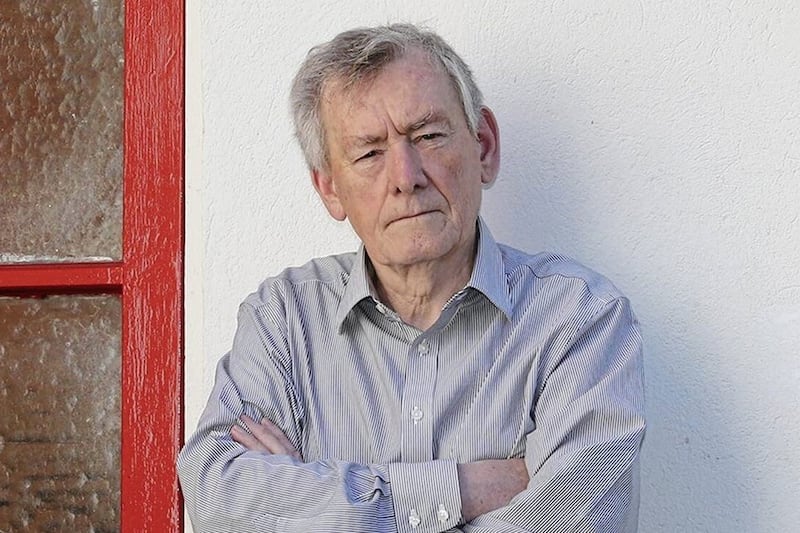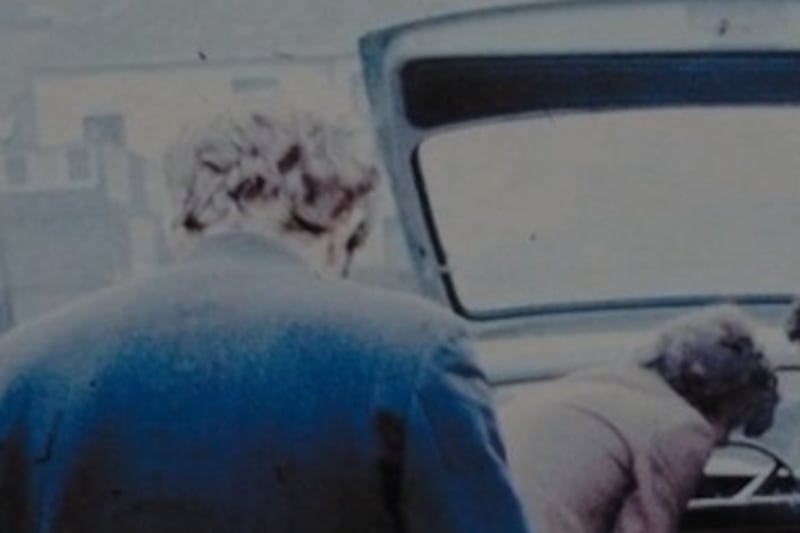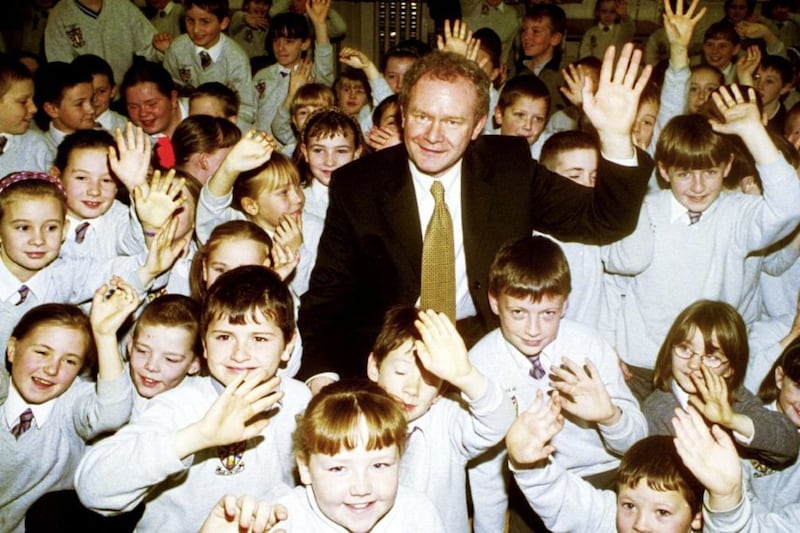IT is entirely fitting that the funeral of Martin McGuinness, unquestionably a defining figure in Irish history, should itself offer a defining moment.
The vast crowds which filled the streets of his beloved Bogside yesterday spoke of the affection in which Mr McGuinness was held by the people of his home city.
But his influence reached far beyond Derry, and the fact that former enemies were among the mourners was its own eloquent tribute to a highly complex figure.
Significant among them was DUP leader Arlene Foster. It is unfortunate that it took Mrs Foster so long to make known her decision to attend, but it was undoubtedly the correct thing to do - as the applause which greeted her at St Columba's Church affirmed - and should be seen as a positive gesture of leadership.
Similar moments of grace could further transform political and civic relations. Many will hope that Mrs Foster has taken a step towards the sort of reconciliation that is much-needed at Stormont and in wider society.
Nor should the gravity of Mrs Foster's decision be minimised. Like far too many others, she and her family suffered at the hands of the IRA. The difficulties for someone from Mrs Foster's background attending the funeral of a figure inextricably linked to militant republicanism are many and obvious.
But Mr McGuinness also crossed many rubicons and by attending the funeral of her long-time executive colleague, Mrs Foster has perhaps experienced her own defining 'McGuinness moment'.
Sharing power with Ian Paisley, meeting Queen Elizabeth and condemning dissident republicans as "traitors to the island of Ireland" for the murder of police officer Stephen Carroll are among the most widely quoted examples of Mr McGuinness's acts of reconciliation. He emerged as a statesman, which would have seemed incredible a decade ago.
In binding together his militant past and a vision for a changed future, Mr McGuinness was uniquely placed to act as the pivot for the republican movement's long, slow shift from violence towards peace.
As Sinn Féin's chief negotiator he was a key architect of the Good Friday Agreement, the deal which has continued to act as a template for devolution and power-sharing.
Yet our political structures are once again in crisis, and former US president Bill Clinton - another figure central to the 1998 agreement - told mourners that a fitting legacy to Mr McGuinness would be "to finish the work that is there to be done".
It is a challenge that should be ringing in the ears of those involved in the talks at Stormont.
Whatever the political future, Mr McGuinness's legacy will be debated for years to come. To be remembered in death like him needs a life lived like his; the times have changed, and he changed them.







